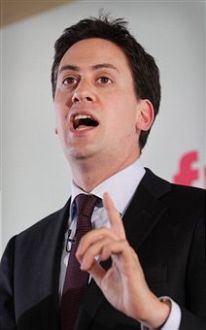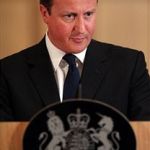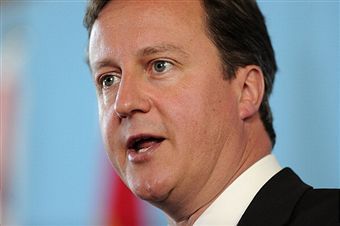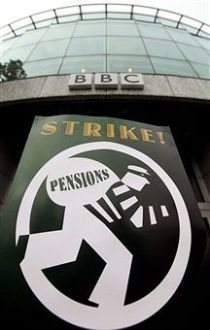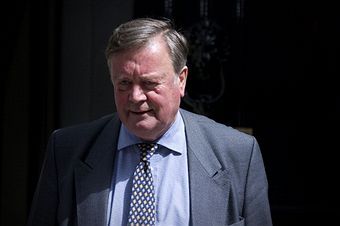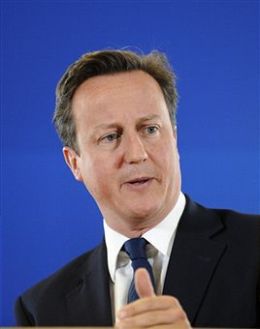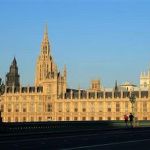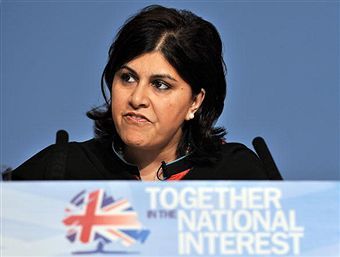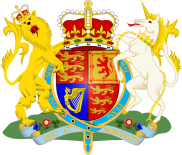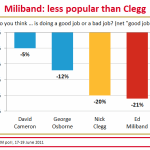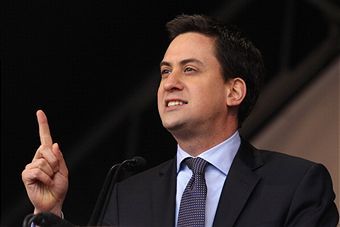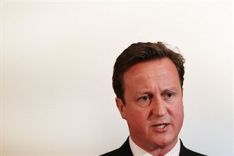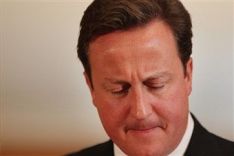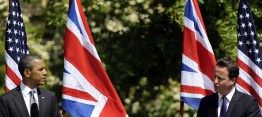World battles narcolepsy as wonky Miliband opens up
Superwonk Ed was back today. For the third week running he tried to nobble Cameron at PMQs by taxing him on some miniscule detail of policy. ‘Of the 163 statutory organisations in the health service’, asked Miliband, ‘how many will be left after the government’s top-down reforms?’ Cameron hadn’t a clue. And even at this early stage a sense of resignation was settling over the watching thousands. Trying to kick the PM with a footling facticule doesn’t play with the general public. It rarely makes the news. It has commentators reaching for lines of speed to keep awake. And the only people it excites are the opposition leader’s all-star team
